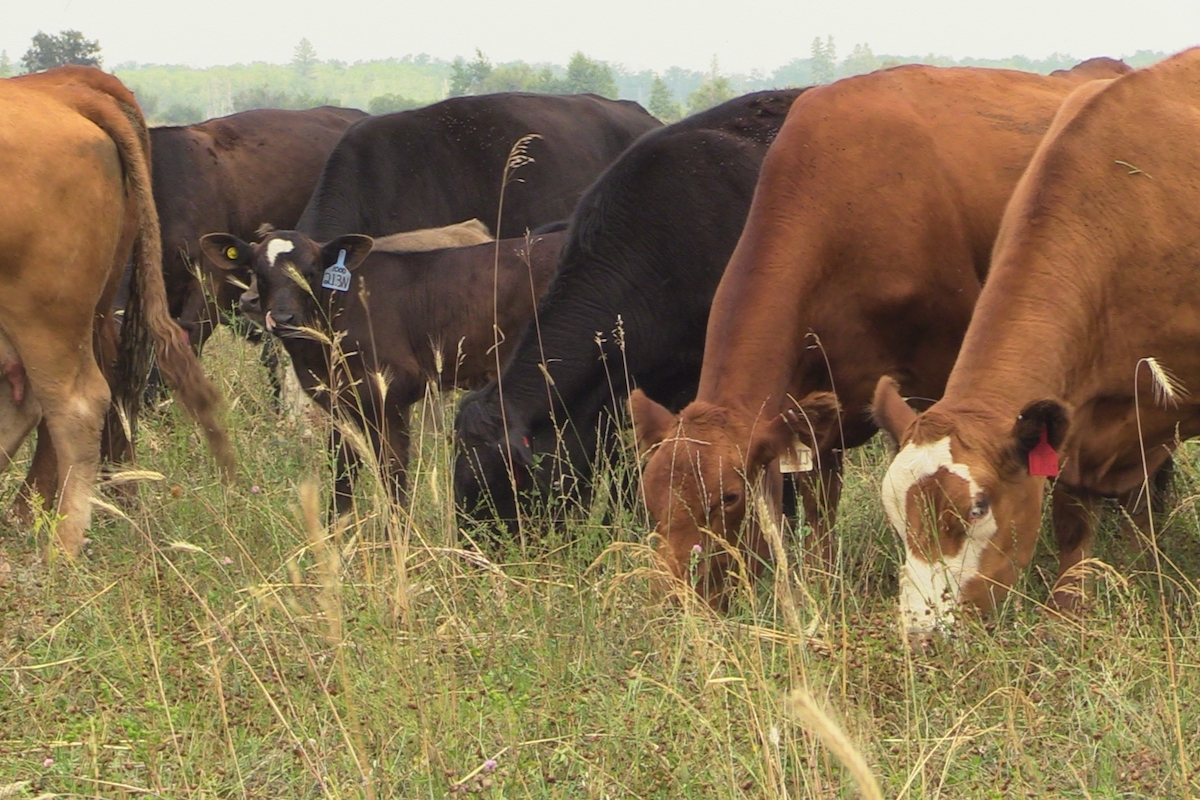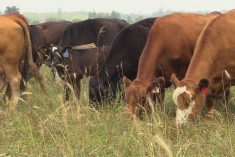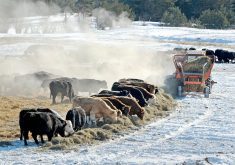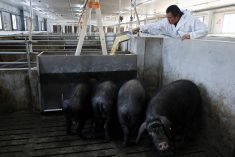Five major Canadian banks, Farm Credit Canada and a number of credit unions have agreed to take part in the federal government’s Hog Industry Loan Loss Reserve Program.
Participating lenders listed in a Manitoba Pork Council newsletter Friday include BMO Bank of Montreal, Scotiabank, RBC Royal Bank, CIBC, National Bank of Canada, Farm Credit Canada and Alberta Treasury Branches.
Two Ontario credit unions, Mennonite Savings and Credit Union Ltd. and Libro Financial Group, have also agreed to participate.
Five credit unions in Manitoba are also on board, including Steinbach Credit Union; Austin Credit Union; Rosenort Credit Union; Sunova Credit Union, headquartered in Selkirk; and Access Credit Union, headquartered in Winkler. Advantage Credit Union, which operates 17 branches in northeastern Saskatchewan, will also take part in the program.
Read Also

Beef industry weighs in on AAFC research cuts
The Canadian Cattle Association and Beef Cattle Research Council said cuts to federal research centres and programs will have long-term debilitating consequences for the beef industry.
The loan loss reserve program, first announced in August, is meant to flow additional cash into hog operations in the form of government-guaranteed loans, free up operating credit and ease short-term liquidity problems by converting short-term debt into longer-term loans.
The loans, the government said, would be first used to reimburse any outstanding Advance Payments Program (APP) emergency advances under Ottawa’s previously announced 2008 stay of default, if the borrowing farmer holds such an advance.
Additional funds to be guaranteed by the government could be used to address liquidity issues or make investments required to achieve long-term profitability.
The terms of the government backing for long-term restructuring loans will require lenders to “ensure that the borrower had a credible business plan, demonstrating potential to maintain a viable agricultural operation that will allow for repayment.”
The loans will also be based on the size of the hog operation from recent production and sales records, the government said when first announcing the program details.
Participating lenders are responsible for assessing applications, extending and managing loan amounts in accordance with the program’s terms and conditions, and are to bear a proportion of the risk for loans extended under the program.















